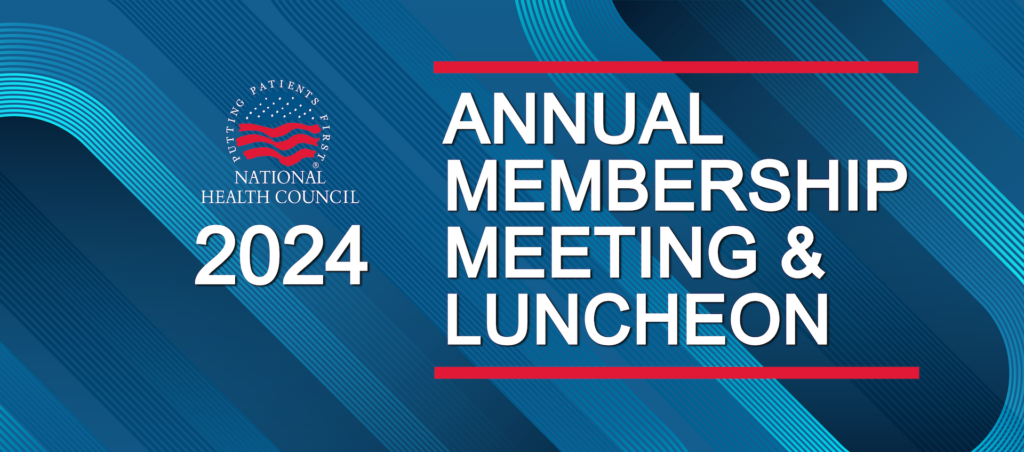

Guest Blog: Wrapping Up Heart Month: A Message from WomenHeart
By: Lori Ann Wood, WomenHeart Champion, WomenHeart
WomenHeart is the first and only national, patient-centered organization dedicated to serving women with heart disease, and “WomenHeart Champions” are the boots on the ground in this fight against heart disease. They are women living and thriving with heart disease who share their stories and important messages about heart health to empower women to take charge of their own.
This piece was written by WomenHeart Champion and author, Lori Ann Wood. Lori lives in an empty nest in beautiful Bentonville, Arkansas, with her husband and miniature dachshund, Pearl.
“‘Welcome to Maggie’s Flower Shop,’ read the banner hanging on the patio, as I waited for the second-grade gardeners to arrive to celebrate my daughter’s seventh birthday. I felt proud to have pulled off all the planning, decorating, and baking by myself.
However, after all the preparations were finished, I realized I was completely out of breath. My heart was pumping strangely hard inside my chest, and I was unable to relax. A tinge of concern popped up on my radar, but I attributed the feeling as a side effect of being an older mom.
Although that was my first real indication of a problem, it wasn’t my last. Occasionally I taught college courses in the evenings, and my heart would behave the same way. I just assumed my heart pounding ferociously was what most people would describe as their “heart beating out of their chest” amid the fear of public speaking.
In my oldest child’s high school, parents were invited to attend the first day of school with their children. Dressed in my coolest (and daughter-approved) mom attire, I struggled noticeably to climb the stairs between classes. Again, not thinking much of it, I attributed my struggle to my physical health and vowed to get in better shape before this time next year.
One day, on a family mission trip to Mexico, we took a day to visit the pyramids. People in my parents’ age group were scaling the monuments, while I simply could not. I attributed my inability to the altitude. Noticing my struggle, my marathon-running husband whispered to me, “Something is wrong here. You should see a doctor.” I rolled my eyes and directed him and my athletic children to go up to the top of the monument while I took their pictures from the ground.
The following year, our family bucket-list trip to the Grand Canyon was marred when I almost didn’t make it back from a short descent into the canyon. I remember taking two steps at a time and then stopping, shaking, and praying to just make it to the parking lot. At this point, my family started suspecting something was seriously wrong. However, I blamed it on the few extra pounds I gained in my 40s.
During the summer, I decided to do a ‘Couch to 5K’ race with my daughter and as a surprise to my husband. After jogging only 25 yards, my heart felt like it was beating out of my chest. I gasped, coughed, and struggled to breathe. I convinced myself I was too out of shape for the race and so I quit.
Three months later, I nearly died from heart failure: idiopathic dilated cardiomyopathy.
After a week of what I thought was the flu, I made an appointment with my doctor. I will never forget my doctor’s words as he prepared to read the chest x-ray, “If we’re lucky, it’s pneumonia.” It wasn’t. My heart’s ejection fraction was a pitiful six percent (normal is 55-70 percent). I spent 14 days in the hospital — most of it in ICU — before being taken by emergency air transport to the Cleveland Clinic where I was given less than a 10 percent chance of surviving six months. I became their most critical patient for a year and a half.
Since then, I’ve been implanted with a pacemaker and internal defibrillator, put on an extremely low sodium diet, and prescribed extensive heart medications. Heart failure is a chronic, progressive disease. My condition is incurable. For most people, doctors can manage the symptoms. For others, they can slow the progression. However, treatment is more effective when the condition is discovered early.
My condition, however, was ignored. My condition was explained away and joked about as a mid-life normalcy. My condition was piled underneath mounds of laundry and kids’ soccer schedules. My condition was covered by excuses and stubbornness.
Today, as I reflect on the years of subtle knowing, remorse hangs heavy in the air. I feel guilty for the limited life I now have to offer my family. I feel cheated of the dreams I wanted to achieve.
The good news is that my life story was never meant to be read just by me. Therefore, I offer these nuggets of hard-won wisdom as I look back at holidays, celebrations, vacations, and everyday events:
- Don’t let the immediacy of today’s needs rob you of the wealth of tomorrow.
- It is better to be a living hypochondriac than a dead-silent sufferer.
- Do what is right for your family and for yourself.
- Listen to the people who love you.
- Listen to your body, even when you have no idea what it’s saying.
One gardening chore my daughter and I used to share was pulling weeds. If we didn’t remove the weeds as soon as we noticed them, the menacing sprouts became bigger and more established and soon took root.
Don’t ignore the little weeds that pop up in your life. Get help to understand the warnings of trouble ahead.
Give yourself the grace you extend to others, grace to step back and take care of yourself, to be less than everything — and grace for the times you didn’t.
I had no idea that heart disease is the number one killer of women. More importantly, I learned that the only self-exam for heart disease, or nearly any peril that threatens our lives, is awareness. Awareness requires a willingness to expose the seeds of trouble. To uproot the sprouts that signal something bigger. To remove the weeds of self-sufficiency.
My daughter’s second-grade gardening party was a success. In fact, she considers the parties I have thrown for her throughout the years some of her best gifts. However, I am haunted with the knowledge that I could have given her an even greater gift — if only I had uprooted those weeds years ago.
As I transition into a new phase as an empty nester with an unexpected heart disease diagnosis, I am committed to deep awareness, and leaning on fresh sprigs of grace.”
Women Heart is a member of the National Health Council (NHC). For more information on NHC membership, please email membership@nhcouncil.org.


